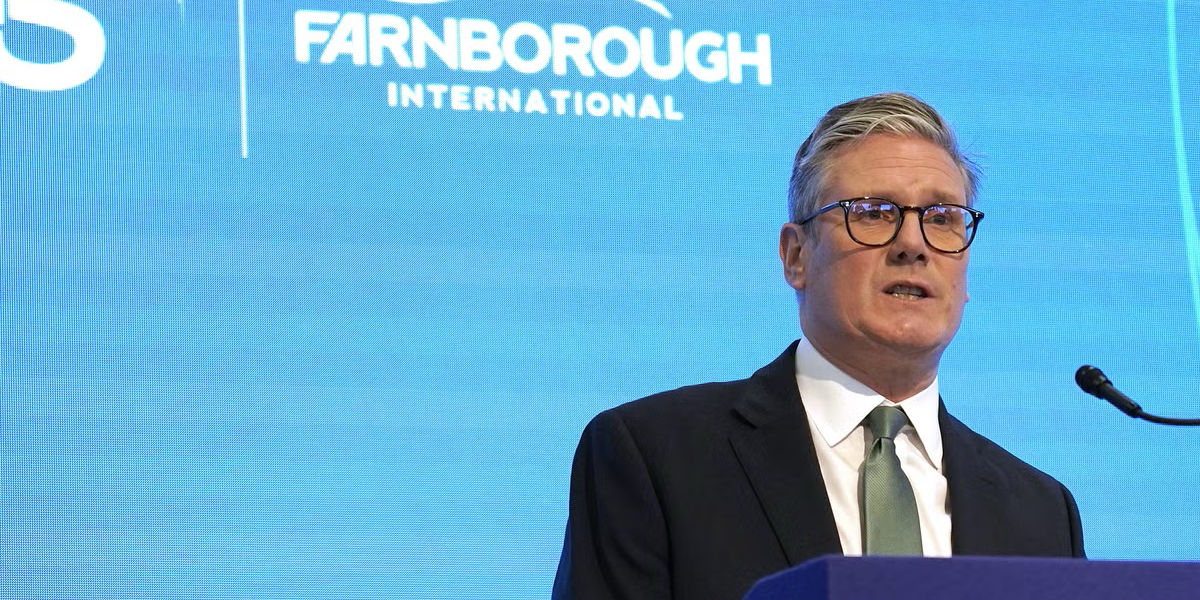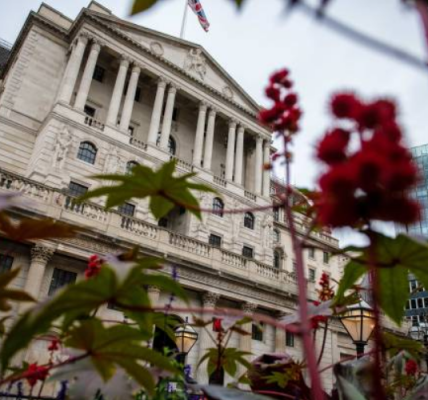Last Wednesday saw of the new governemnt’s first Prime Minister Questions, where Keir Starmer’s Labour Government took questions from opposition leader Rishi Sunak and other members of the House of Commons. The exchange was for the most part fairly tame, far from the level of ferocious dogmatism that Starmer had come to relish during his time in Opposition. However, when asked by Sunak to give a clear position on the governments continued approach to the conflict in Ukraine, little clarity over funding and the future of the Armed Forces was received, a trend that Labour have continued on from their election campaign.
Concerns among the Defence industry are now mounting, after several reports suggesting the Labour government will once again slash the Defence budget in order to pay for their other projects such as GB Energy, the name given for their move to nationalise the national grid. Such rumours aren’t unfounded upon, Ben Marlow at the Times feared that Labour may scrap Britain’s participation in the Tempest Fighter program (also known as GCAP), which would see Britain partner with Italy and Japan to build a new 6th generation fighter jet that would be operational in the 2030’s. BAE Systems CEO Charles Woodburn went on Sky News to highlight the importance of the program, and reminded the government the program could provide between 3,000 to 20,000 high skilled jobs to the UK Aerospace industry. Moreover, Starmer’s government continue to evade giving any specific over how much the MoD would receive this coming budget, and if Labour would match the previous 2.7% of our GDP proposed by the previous government. Whilst Starmer did say that the UK’s commitment to keeping the defence budget above the 2.5% threshold was ‘cast iron’, an exact timeline as to when this commitment would be achieved has yet to be presented.
But Britain’s biggest concern militarily lies with the number of personnel on hand. The Army has been missing its recruitment targets every year since 2010, leading to the size of the armed forces being the smallest it’s been since before the Second World War. The MOD knows it would require an estimated £75 million investment just return army numbers to the level they were at before the Iraq war. This is however not to mention the additional billions of pounds it would cost to supply and house these soldiers as upgrades to the army’s ailing housing is well overdue, as well as any investments needed to continue this recruitment growth over the long term. Trying to sell these significant investments to Chancellor Rachel Reeves, who is currently struggling to fill a £20 billion hole in the government’s expenses, may be a challenge the labour Government aren’t ready to take on.
Now, it may be unreasonable to jump to serious conclusions about Labours continued plans to invest in the British defence industry; there does remain a degree of optimism amongst industry leaders. Sheffield foragemasters have put forward their plans to build a new 30,000 m2 facility to support the construction of AUKUS submarines, with Keir Starmer reassuring the public that AUKUS would remain one of the cornerstones in UK foreign policy, the announcement can only be seen as a good indication for the British naval industry and the thousands of jobs it’s currently supporting. Meanwhile Defence Secretary John Healy says Britain and its allies must ‘wake up’ if they are to meet the threats that Europe may face in the near future. This may point to the possibility that Labour will seek to grow the British defence industry, rather then reduce the size of the Armed Forces whilst simultaneously becoming more reliant on its overseas allies.
A significant review is currently being conducted across the Armed Forces that promises an overhaul across all services, but the nature of this change is yet to be disclosed and it won’t be publicly available until next summer. But with the Head of the British Army claiming we must be ready for war within 3 years, and Donald Trump indicating he would reduce U.S Military presence in Europe to focus on the Indo-Pacific, the time for investment is now. Britain can’t be seen to look weak or indecisive if it is to protect her interests in Europe, or the Middle East. Napoleon once said ‘an army marches on its stomach’, Starmer must learn that without proper finance and investment, the army won’t march at all.





